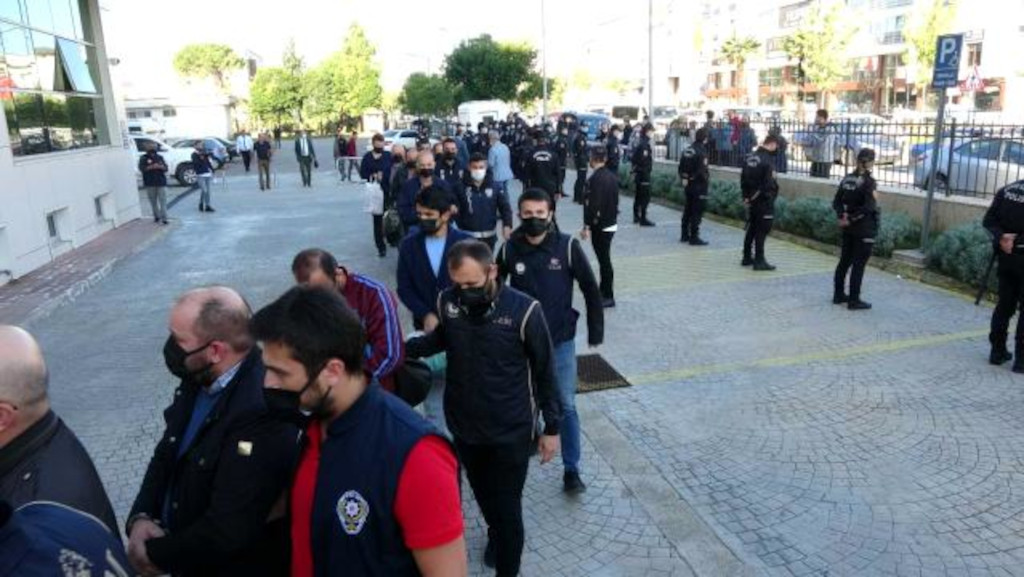More than 1.7 million investigations were launched into people in Turkey on allegations of membership in an armed terrorist organization between 2016 and 2021, an opposition lawmaker has said, citing Justice Ministry data, the Kronos news website reported.
According to judicial statistics cited by Mustafa Yeneroğlu, a former politician from the ruling Justice and Development Party (AKP) and current İstanbul deputy of the Democracy and Progress Party (DEVA), a total of 1,768,530 investigations have been launched in Turkey on terrorist organization membership allegations since 2016, with 191,964 of them initiated last year.
Scores of people in Turkey have been investigated, prosecuted, detained, arrested or expelled from public service, some even without going through an investigation, especially following a coup attempt on July 15, 2016.
“These statistics are the most obvious indication of how illegal the vast majority of the trials on armed terrorist organization [membership charges] were after the coup attempt … and how these trials were used as a criminal threat to society. … the number of investigations in question has approached 2 million due to the fact that countless people are being prosecuted for acts that don’t constitute a crime. … With the 2022 figures, this picture will become even more dire,” Yeneroğlu said.
He called on Turkey’s judiciary to act in line with the law and not perpetuate the injustices suffered by people who have been unfairly prosecuted.
Turkey experienced a controversial military coup attempt on the night of July 15, 2016 that killed 251 people and wounded more than a thousand others. Turkish President Recep Tayyip Erdoğan and his AKP government immediately pinned the blame on the Gülen movement, a faith-based group inspired by Muslim preacher Fethullah Gülen, labeling them it as a terrorist organization.
Although Gülen and the movement strongly deny involvement in the abortive putsch or any terrorist activity, Erdoğan initiated a widespread purge aimed at cleansing sympathizers of the movement from within state institutions, dehumanizing its popular figures and putting them in custody.
The crackdown led to the summary dismissal of over 130,000 public servants, including 4,156 judges and prosecutors, as well as 24,256 members of the armed forces, for alleged membership in or relationships with “terrorist organizations” by emergency decree-laws subject to neither judicial nor parliamentary scrutiny.
The vague and imprecise charge of “membership in an armed terrorist organization” appears to be repeatedly misused to target critics of the Turkish government’s policies and to criminalize the legitimate activities of supporters of the Gülen movement, said the vice chair of the United Nations Working Group on Arbitrary Detention and three special rapporteurs in a letter to the Turkish government in 2020.
The UN letter requested that the Turkish government respond to questions about the cases of 43 Turkish citizens who applied to the UN with individual allegations of arbitrary arrest, detention and/or prosecution in the context of, or in the aftermath of, an abortive putsch in July 2016.



